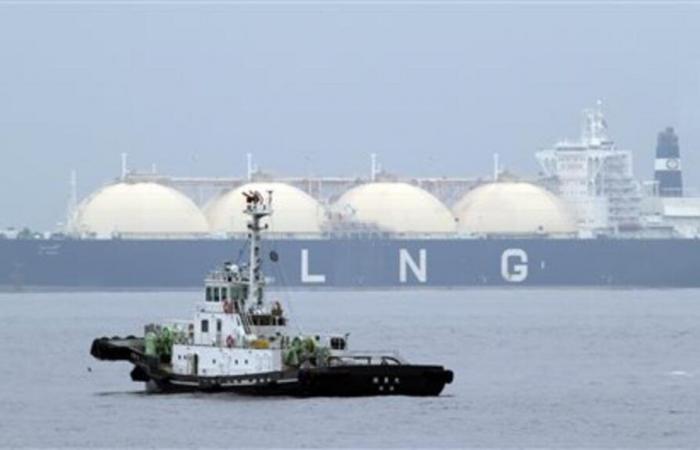The transport of liquefied natural gas in the midst of a crisis: ship orders have exploded in recent years, but trade has not followed the same curve. This overcapacity has caused the costs of these LNG carriers to plummet.
The number of ships in operation or under construction is staggering: in addition to the 650 LNG carriers in service last year, 68 completed the fleet in 2024, and the rate of launches on the market will further accelerate until 2027. “ More than 50% of the LNG fleet is still on purchase orders », summarizes an expert. The gap is now so great between the fleet and the liquefied natural gas market that some analysts are predicting a winter that will look like ” fiasco ».
The appetite of manufacturers was first whetted by the very high freight rates of recent years. The start of the war in Ukraine then pushed shipowners to increase orders for LNG carriers to compensate for the lack of Russian natural gas which would no longer arrive in Europe.
However, the development of LNG terminals has fallen behind schedule and marketable volumes are not there: the quantities exported this year have only increased by 1%, unlike growth of 6 to 8% in recent years. At the same time, European demand was lower than expected, due to comfortable stocks and a relatively mild winter.
The oldest lose a lot of money »
The coming months promise to be difficult for certain companies, with ships being laid off and others whose profit margins are becoming negative. Because freight rates have collapsed and fallen below operating costs in recent weeks for older ships.
Between October and November, average spot rates, for example, fell by 50% for LNG tankers equipped with steam turbines, which are therefore the least efficient, and the fall is still continuing these days, according to data from broker Clarksons. “ These boats are losing a lot of money today », Confirms an interlocutor, unlike the more modern ones who are doing better.
These ships, which are already technically obsolete, are also now economically obsolete, for the director of Flex LNG, a company specializing in LNG transport. Their demolition or recycling could, in this exceptional context, be questioned more quickly than expected, as soon as they are no longer under contract.
The drop in freight rates does not directly affect LNG prices, which are moving in the opposite direction at the moment. They are driven by the lack of available offers and increasing demand in Europe. Some well-supplied Chinese operators have decided to take advantage of this and are reselling part of their stock to take advantage of the high prices, according to the Bloomberg agency, which cites initiatives by PetroChina and the public company Cnooc.






